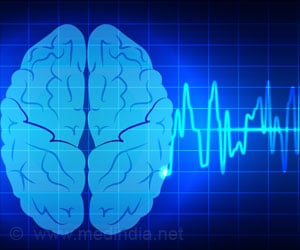Introduction:
Epilepsy is the most common neurological condition and the most common serious
Epilepsy is the most common neurological condition and the most common serious
Please use one of the following formats to cite this article in your essay, paper or report:
APA
Dr. M. Janani Priya. (2023, March 01). 15 Key Facts About Epilepsy. Medindia. Retrieved on Apr 25, 2024 from https://www.medindia.net/health_statistics/health_facts/facts-on-epilepsy.htm.
MLA
Dr. M. Janani Priya. "15 Key Facts About Epilepsy". Medindia. Apr 25, 2024. <https://www.medindia.net/health_statistics/health_facts/facts-on-epilepsy.htm>.
Chicago
Dr. M. Janani Priya. "15 Key Facts About Epilepsy". Medindia. https://www.medindia.net/health_statistics/health_facts/facts-on-epilepsy.htm. (accessed Apr 25, 2024).
Harvard
Dr. M. Janani Priya. 2023. 15 Key Facts About Epilepsy. Medindia, viewed Apr 25, 2024, https://www.medindia.net/health_statistics/health_facts/facts-on-epilepsy.htm.




